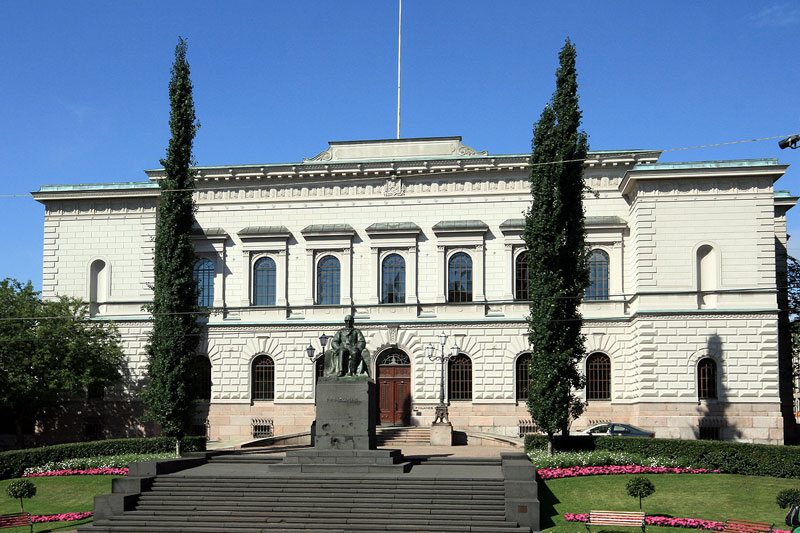By Jussi Rosendahl and Tuomas Forsell
HELSINKI (Reuters) - Finland's government will honour a promise to cut taxes, a minister said on Monday, after unionised employees overwhelmingly agreed to work harder for less money to help kick-start an economy that surveys showed remains in the doldrums.
The economy has been struggling for a decade, with output still below the level it reached before the 2008/9 financial crisis amid high labour costs, the decline of Nokia (HE:NOKIA)'s former phone business and a recession in neighbouring Russia.
To help Finland's exports regain lost competitiveness, the government and unions agreed labour reforms in June, under which working hours and workers' pension contributions will rise while holiday bonuses will be cut and wages frozen for a year.
If 90 percent of workers backed the deal, the government agreed to sweeten it with 515 million euros (441.6 million pounds) of tax cuts in 2017.
That threshold was passed on Sunday when information and communication technology workers in the Pro union signed up to the pact, Pro said. Lower support would have generated a lower level of tax cuts.
"The (deal) now has a coverage of more than 90 percent... The government has promised the tax breaks and that promise will be kept," Foreign Minister Timo Soini told lawmakers of his Finns party.
The government hopes the deal will give a boost to an economy that banks and the government expect to grow by around 1 percent this year and next, driven by consumer spending while exports continue to stagnate.
That subdued picture was reflected in data on Monday from the Confederations of Finnish Industries, which showed industry confidence edged up to -10 points from -12 in July, compared with a long-term average of +1.
Consumer confidence was more buoyant, rising to 15.7 points from 13.1 points and compared with a long-term average of 11.7, Statistics Finland said separately.
Economists said declining prices and a willingness by banks to extend grace periods on mortgages had underpinned consumer sentiment, though the boost was likely to be temporary.
"The economy badly needs help from exports and investments to recover, but the level of business (industry) confidence does not look too promising," Danske Bank economists said in a note.
The three-party government is due to negotiate next year's budget later this week. Finance Minister Petteri Orpo has proposed a wider budget deficit as he seeks to boost growth and bring down unemployment.
